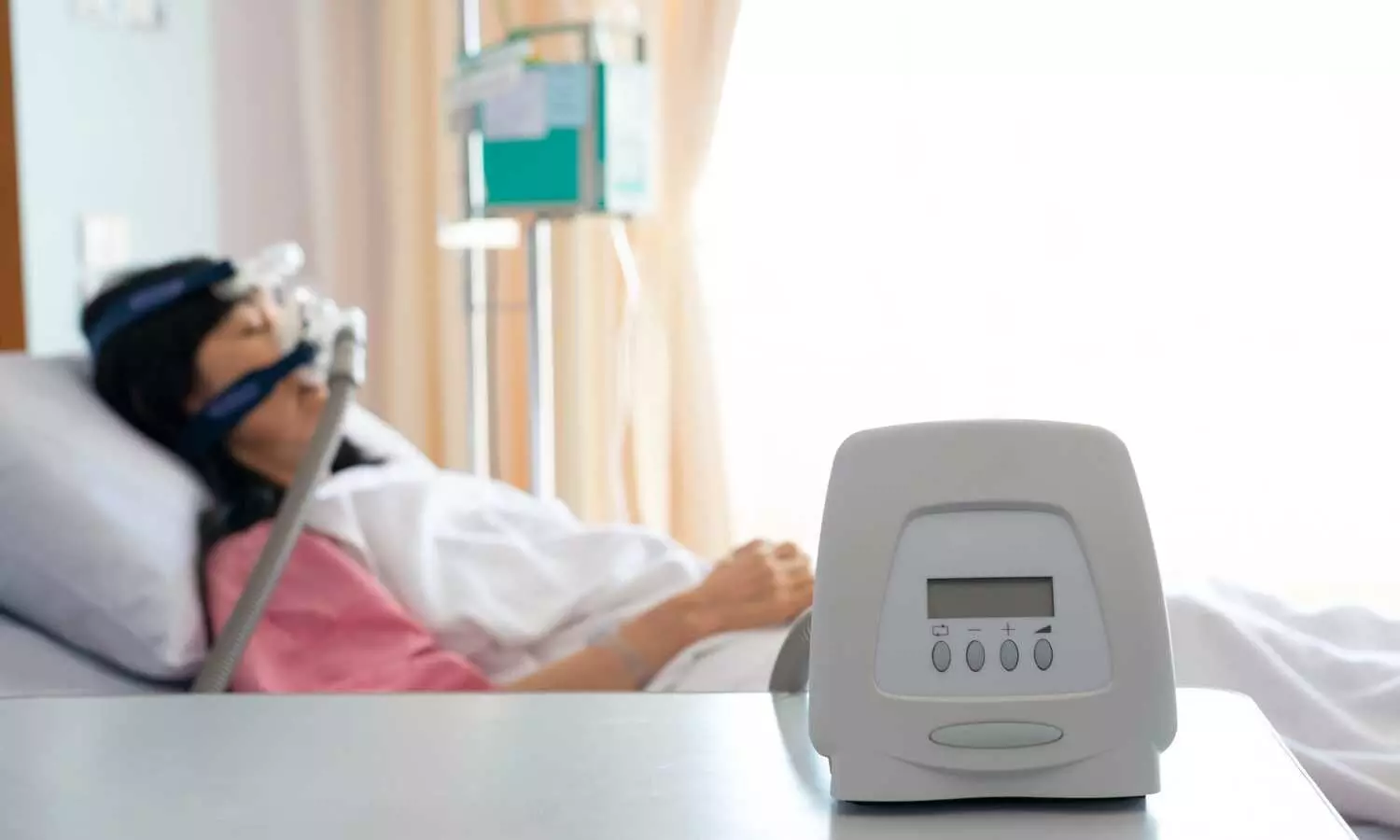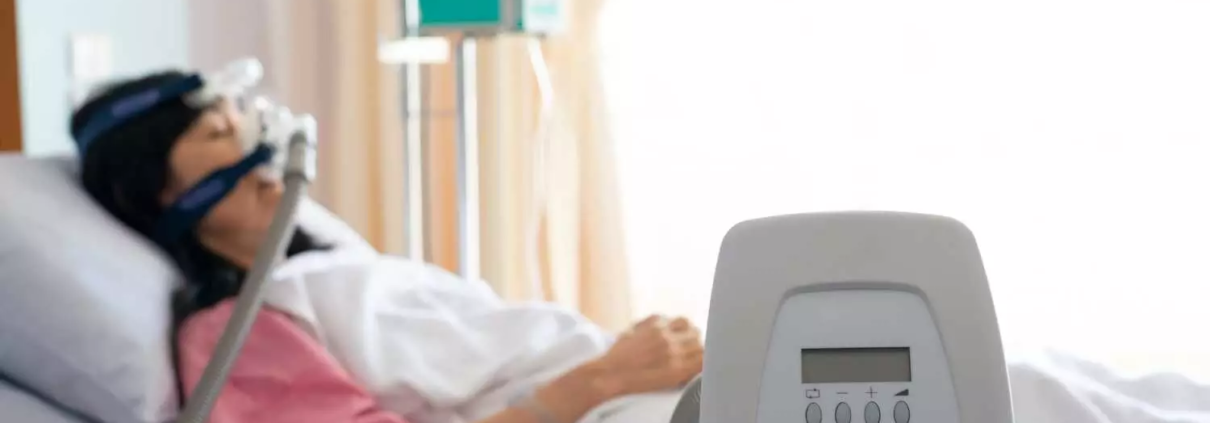Mandibular Advancement Device Matches CPAP for BP Reduction in OSA Patients: Study

Researchers have found in a new study that the mandibular advancement device (MAD) is non-inferior to continuous positive airway pressure (CPAP) therapy for reducing 24-hour mean arterial blood pressure in patients with hypertension and increased cardiovascular risk. This finding is based on a randomized, non-inferiority trial comparing the two treatments for patients with moderate-to-severe obstructive sleep apnea (OSA). This study was published in the Journal Of The American College Of Cardiology. The study was conducted by Yi-Hui and colleagues.
Hypertension guidelines recommend diagnosing and treating obstructive sleep apnea in patients with hypertension. MAD is an oral appliance therapy option for patients who decline or cannot tolerate CPAP. The effectiveness of MAD versus CPAP in reducing 24-hour ambulatory blood pressure (BP) was the focus of the study.
In an investigator-initiated, randomized, non-inferiority trial, researchers enrolled 321 participants aged over 40 with hypertension and increased cardiovascular risk from three public hospitals. A total of 220 participants with moderate-to-severe OSA (apnea–hypopnea index ≥15 events/hour) were randomized to either MAD or CPAP (1:1 ratio). The primary outcome was the difference between the 24-hour mean arterial BP at baseline and six months.
The key findings of the studu were:
• In the MAD group, the 24-hour mean arterial BP decreased by 2.5 mmHg (P = 0.003) at six months compared to baseline.
• In the CPAP group, no significant change was observed (P = 0.374).
• The between-group difference in 24-hour mean arterial BP was -1.6 mmHg (95% confidence interval: -3.51 to 0.24), indicating non-inferiority (P < 0.001).
• The MAD group showed a larger reduction in all secondary ambulatory BP parameters compared to the CPAP group, with the most pronounced effects observed in asleep BP parameters.
• Both treatments improved daytime sleepiness, with similar between-group differences (P = 0.384).
• There were no significant between-group differences in cardiovascular biomarkers.
The study concludes that MAD is non-inferior to CPAP for reducing 24-hour mean arterial BP in patients with hypertension and increased cardiovascular risk. Given its effectiveness, MAD may provide an alternative treatment option for patients who cannot tolerate CPAP.
Reference:
Ou, Y.-H., Colpani, J. T., Cheong, C. S., Loke, W., Thant, A. T., Shih, E. C., Lee, F., Chan, S.-P., Sia, C.-H., Koo, C.-Y., Wong, S., Chua, A., Khoo, C.-M., Kong, W., Chin, C. W., Kojodjojo, P., Wong, P. E., Chan, M. Y., Richards, A. M., … Lee, C.-H. (2024). Mandibular advancement vs CPAP for blood pressure reduction in patients with obstructive sleep apnea. Journal of the American College of Cardiology. https://doi.org/10.1016/j.jacc.2024.03.359



